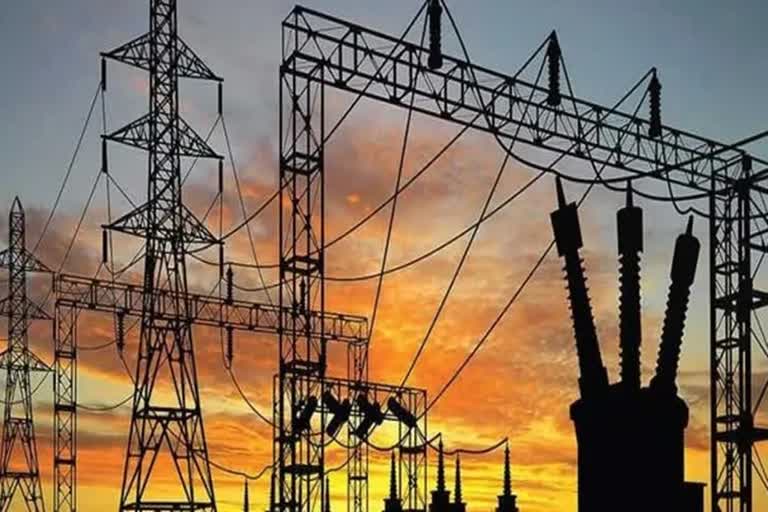Chandigarh: The Punjab State Power Corporation Limited (PSPCL) is facing huge losses worth crores in view of the power rebate being offered by the AAP government, officials said. The situation worsened amid an increase in power consumption this winter. According to the PSPCL data, the electricity demand touched 8,736 MW in the first week of January as against 6,300 MW during the corresponding period last year.
This is also the first time that the Lehra Mohabbat, Talwandi Sabo, Rajpura and Goindwal Thermal Power Plants have to be run in winter season to meet the power demand. Experts say that electricity consumption used to be very low in winter, but after the AAP government waived charges for 600 units of electricity, the electricity consumption has increased in winter.
The power policy led to increased use of heaters and geysers at homes. Moreover, there has been no rain in winter this season, due to which the weather has remained dry and the demand for electricity in the agricultural sector has increased. Experts say that if the situation continues like this, a big crisis will arise for the PSPCL.
The financial burden on the Punjab government increased by Rs 2 Cr every 2 hours due to the waiver policy. The subsidy burden of Rs 12,845 crore is likely to reach Rs 18,000 crore by the end of this financial year, officials said. The state government will have to pay Rs 2 crore per hour to the power corporation. Senior officials of PSPCL say the subsidy per family has reached Rs 1,100 to Rs 1,200 per month. While the annual revenue of PSPCL was 3,400 crore rupees, its subsidy burden will will increase to Rs 20,000 crore on account of the rebate policy, sources said.
Also read: India's electricity consumption grows 11 pc to 121.19 billion units in December
Guru Nanak Dev Thermal Plant Employees Union President Gursevak Singh Sandhu said that the demand for electricity has increased by 24 percent compared to last year. He said that people who used to bathe by heating water on stoves are also taking geysers in instalments, he added. “When a government gives free electricity or gives a subsidy, its advance money has to be deposited. But the government does not pay any money,” he said.
Sandhu said that the agriculture sector owes Rs 9 thousand crores to the PSPCL. Although the government has banned the installation of more than 1 meter, new meters are still being installed everywhere. The main reason for the PSPCL incurring financial loss is the power purchase agreement according to which we have to pay money even when power is not needed, he pointed out.



